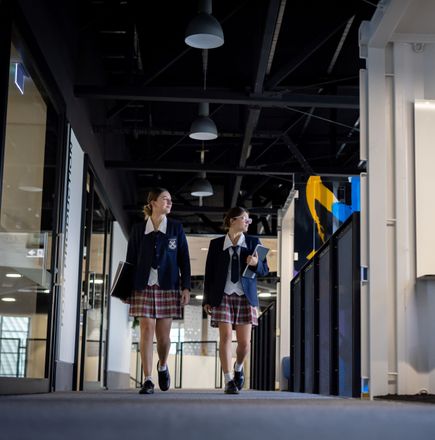Joining St Andrews Lutheran College means becoming part of a community that celebrates the Gospel, nurtures the individual, and empowers lifelong learners. It means embracing the values of faith and grace, learning, personal bests, growth, integrity, community and service. It means being part of a supportive and inspiring learning environment where students are encouraged to explore their faith, discover their purpose, and make a positive impact in the world.
Due to waitlists in some year levels, we encourage you to call our Enrolments Officer in the first instance to discuss your child’s enrolment.
Please follow the link below to submit an Application Form for year levels from Prep to Year 12.
Enrolment Policy
St Andrews Lutheran College, which is owned and operated by The Lutheran Church of Australia, Queensland District offers its program of Christian education to all applicants regardless of ethnic origin, gender, religion, ability or disability, provided that:
1. through enrolment procedures, parents seeking enrolment for their child/children undertake to support willingly and freely the stated purposes of St Andrews Lutheran College
2. adequate space and resources are available, or where required, the consideration of a reasonable adjustment has been made
3. full disclosure in response to the matters and questions raised on the enrolment form and in the enrolment interview
Enrolment Priorities
The current enrolment priorities are:
1. Children of practising Lutheran families
2. Children in receipt of a Secondary School Scholarship
3. Siblings of students already attending the College or children who attended the Pre-Prep program for a minimum of 2 days per week at the St Andrews Lutheran College Early Learning Centre, in order of application.
4. Children and/or grandchildren of permanent staff members or children of past students of the College, in order of application.
5. New applicants
All applicants may be affected by date of application within each enrolment priority.
Notwithstanding the above order of preference, no student shall be regarded as having automatic right of acceptance. Priority of enrolment is to be at the discretion of the Principal.
Enrolment priorities will be determined from time to time by The College Council.
Enrolment Process
Step 1. The Application Form and fee are required to be placed on the waitlist. Interviews for available placements will be conducted within the twelve months prior to enrolment.
Step 2. A tour of the College must be attended before progressing to the interview stage.
Step 3. Interviews for available placements will take place within the 12 months prior to enrolment and are conducted by the Principal or nominated representative in consultation with the Principal. These nominated representatives are normally the Deputy Principal (Head of Junior School) or Deputy Principal (Head of Secondary School).
Step 4. Placement is offered subject to the enrolment policy, priorities and satisfactory interview. Offers will be sent via email.
Step 5. Requested documents (including the completed Enrolment Agreement), the confirmation fee and Alumni fee are required prior to the due date outlined in the offer in order to secure the placement.
Please note that Applications are automatically cancelled if the College is unable to contact applicants.
Prep Entry Age
The entry age for Prep requires that a child turn 5 years of age by June 30 in the year of entry.
The Principal of College has discretion in the following circumstances:
A child may be enrolled in the preparatory year the College if:
(a) The child will be at least 5 years on or before 30 June in the proposed year of attendance at the College; and
(b) The Principal or delegate is satisfied the child is ready for and meets the selection criteria as published.
School Readiness
All students enter the Preparatory year with different levels of ability and experiences. However, there are a number of developmental and environmental indicators and skills which can help to support children enter and sustain school life successfully. School readiness is related not only to specific pre-literacy and pre-numeracy skills, it includes physical health, social and emotional adjustment, independence, the child’s approach to learning and their level of language, cognition and general knowledge.
The holistic nature of the students and his/her approach to learning is the paramount concern when assessing readiness. The areas of development that may be considered, include but not confined to, are:
- Expressive and receptive language skills;
- Gross and fine motor skills;
- Social/emotional readiness;
- Attitude to learning and cognition; and
- Self-care and independence.
Selection Criteria
To assist the Principal in making an informed decision, an investigation will be carried out to gain an understanding of the student’s abilities.
The investigation could include, but is not confined to:
- Observational data from previous and current educational settings;
- Interview with the student and their parents/caregivers;
- Age appropriate assessment activities; and
- Educational and specialist reports.
A decision will be made by the Principal or delegate once the above information has been collated and discussed with relevant staff.







